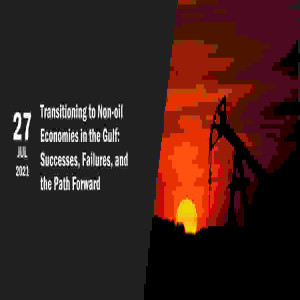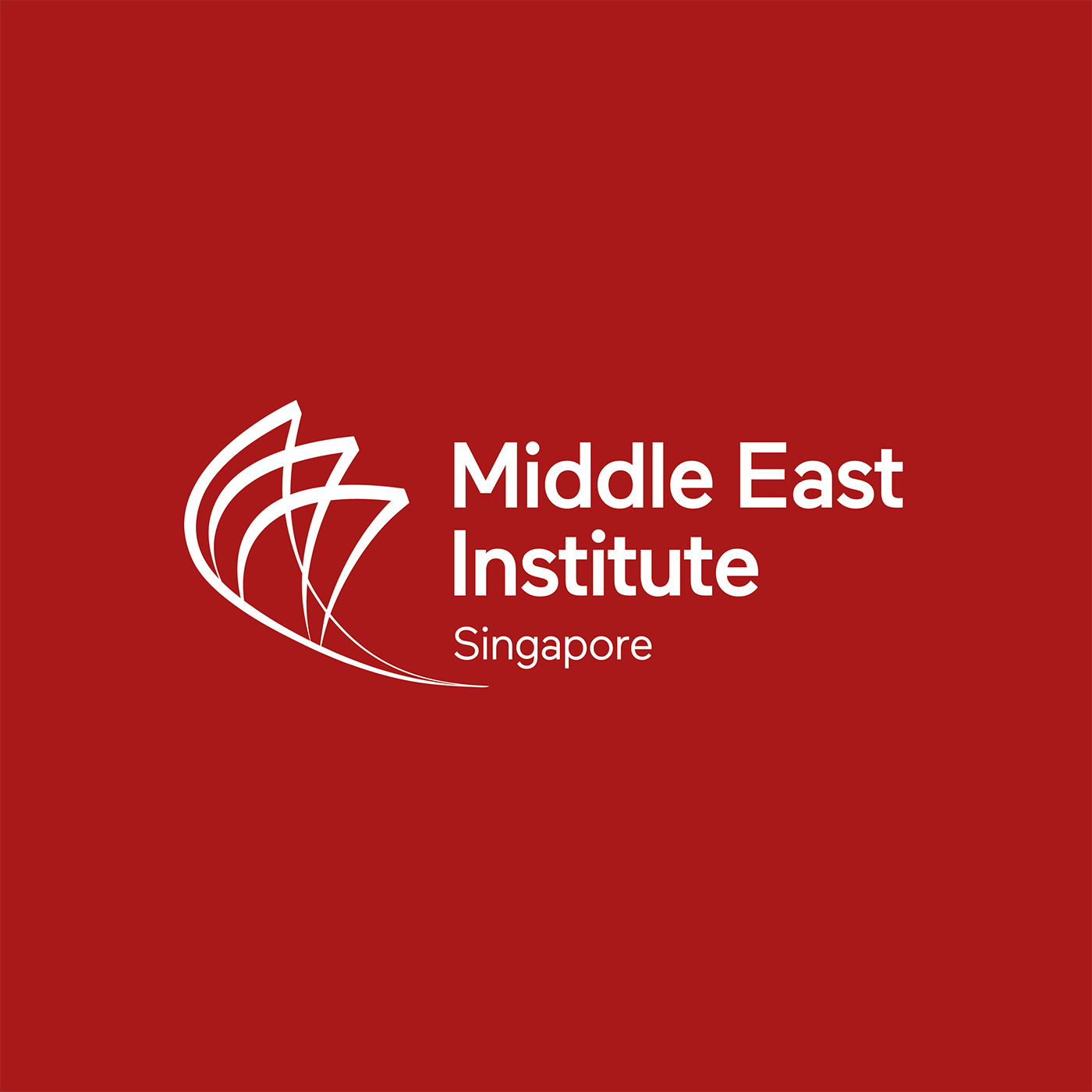Episodes

Friday Jul 30, 2021
Friday Jul 30, 2021
Economic diversification strategies to wean Gulf economies away from a dependence on hydrocarbon revenues have existed for decades. Ongoing state-led investments in strategic non-oil industries have produced varied results. Recent development initiatives involving culture, renewable energy, and technology-oriented industries appear promising; however, the return on investment is neither immediate nor guaranteed. Proceeds from the oil and gas sector continue to constitute the majority of public sector revenues in Gulf Arab states.
Are overlapping initiatives to develop non-oil industries in the region opportunities for cooperation or competition? With a steady rebound in oil prices since the oil price shocks of 2020, will oil- and gas-producing countries in the Gulf relax economic diversification efforts? Do protests in Oman signal a wider dissatisfaction with the fiscal adjustments implemented since 2020? What does this reveal about the rentier state theory and the nature of economic reform and development in the Gulf?
The Middle East Institute, in collaboration with the Arab Gulf States Institute in Washington (AGSIW), will host a panel to tackle these and other questions.
This public talk was conducted online via Zoom on Tuesday, 27 July 2021, from 8.00pm to 9.30pm (Singapore Time).
For more information about this event, click here: https://mei.nus.edu.sg/event/transitioning-to-non-oil-economies-in-the-gulf-successes-failures-and-the-path-forward/
Photo by Zbynek Burival on Unsplash


Comments (0)
To leave or reply to comments, please download free Podbean or
No Comments
To leave or reply to comments,
please download free Podbean App.